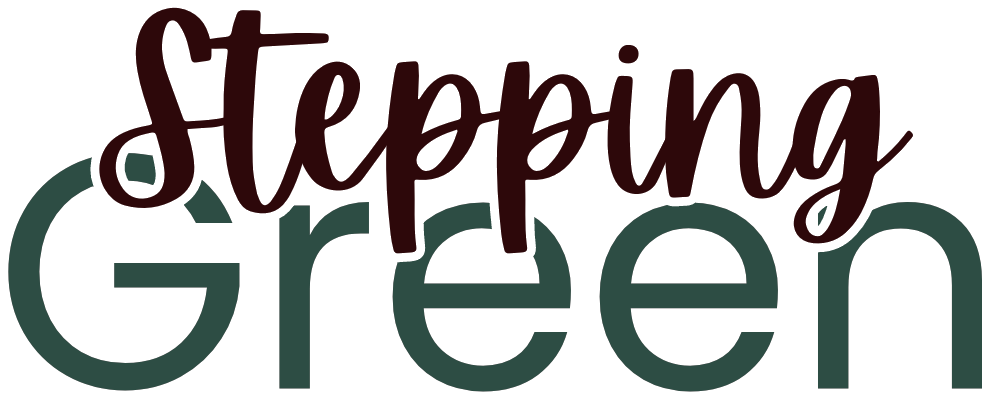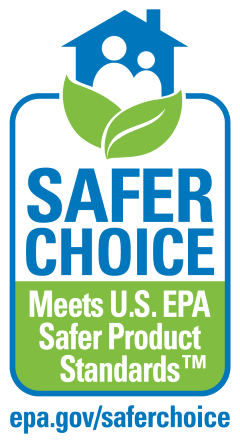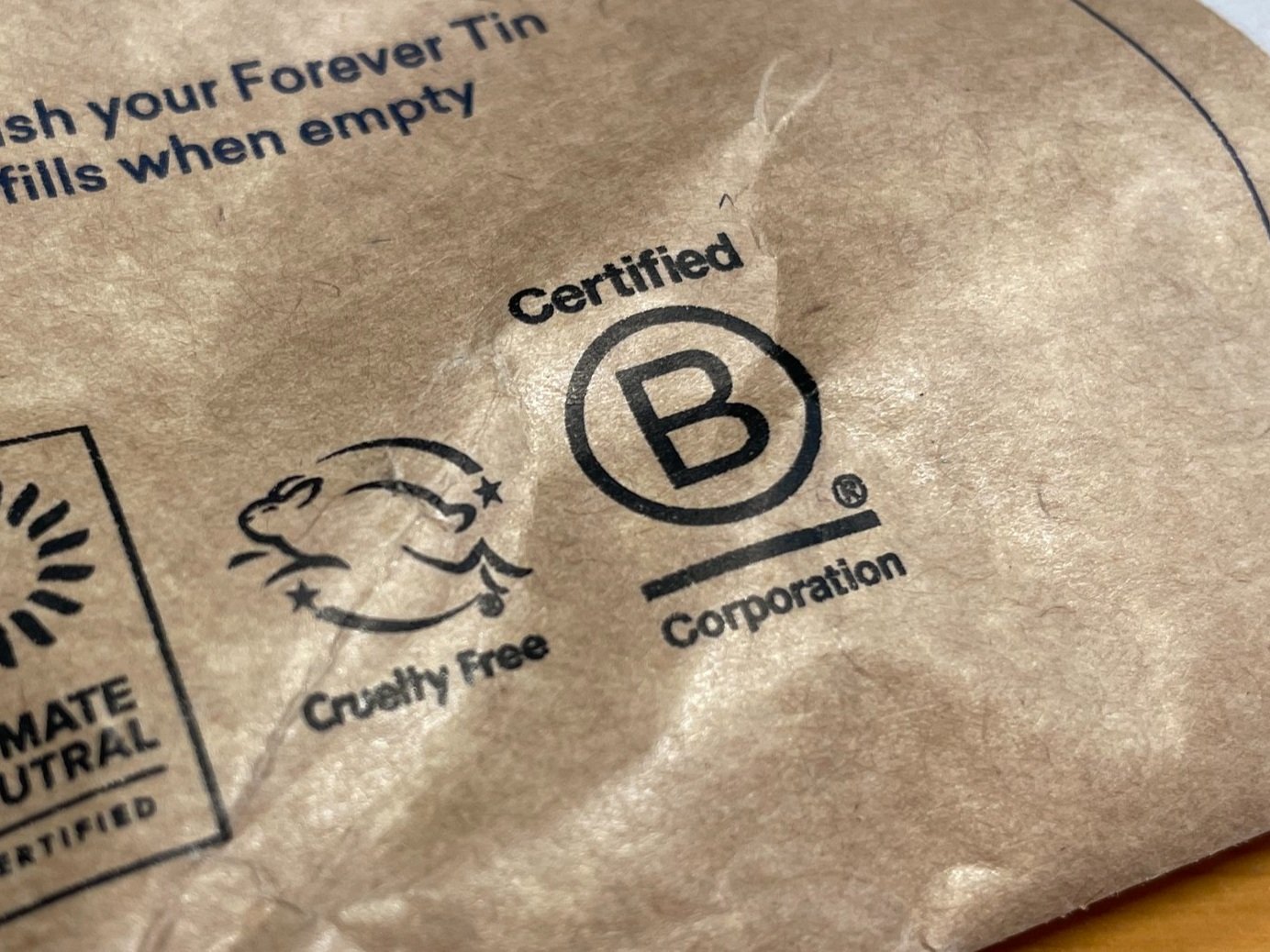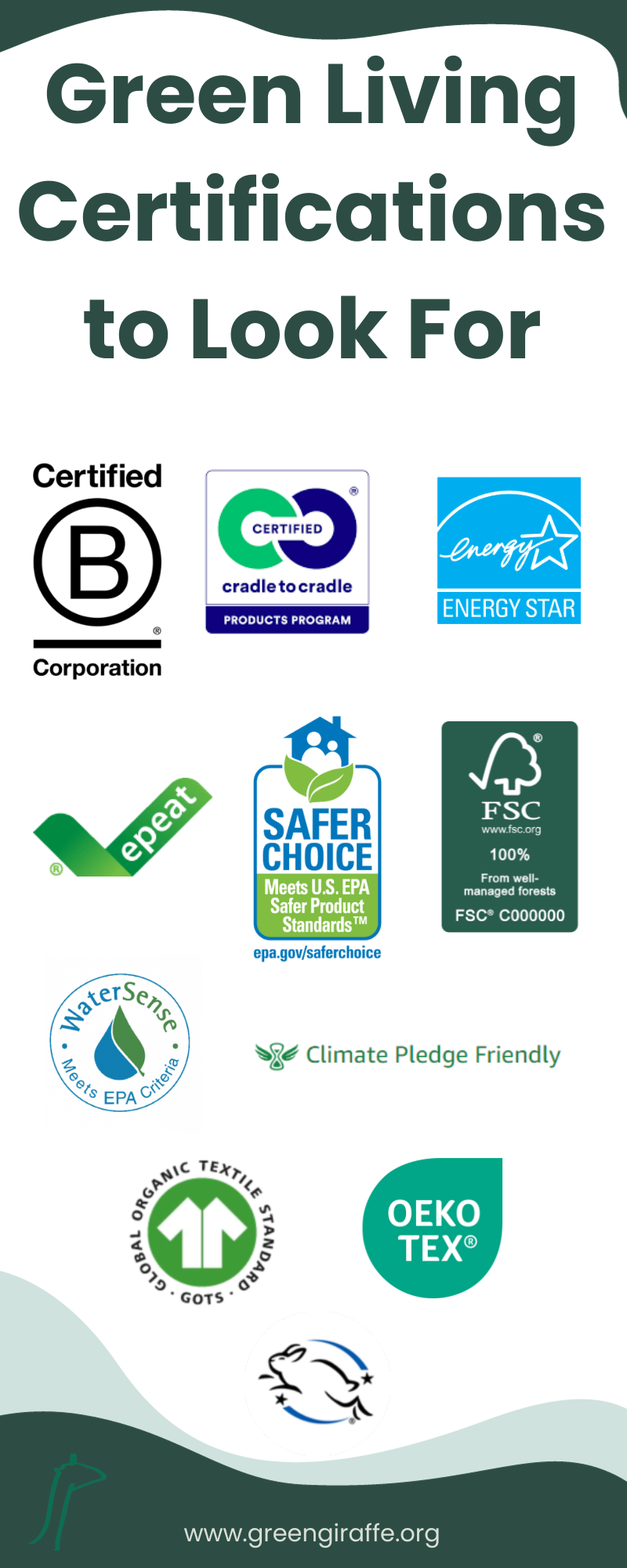Certification Labels for Eco-Friendly Products: The Top 11 You Need To Know
Some links in this article may be affiliate links where I make a commission if the product is purchased at no cost to you. As an Amazon Influencer, I earn from qualifying purchases. To avoid waste, we test products on an as-needed basis. All opinions are my own.
Introduction
Certification logos and labels serve as valuable tools for consumers to make informed choices, businesses to differentiate themselves, and industries to establish and maintain standards. They play a crucial role in building trust, promoting safety, and advancing sustainability in the marketplace. Sometimes these labels are also called third-party emblems.
Certifications are supposed to help consumers identify companies and products that meet consumer sustainability requirements. However, there are so many, and likely many beginner people, including myself, have trouble distinguishing between each of them in a simple way. This article will help us all understand the most important environmentally friendly labels to pay attention to and what each label means in simple beginner terms.
Bookmark this page for easy future reference!
Below are each of the certification labels if you want to jump right to a certain one:
Certifies What:
Requirements:
When a company earns B Corp certification, it means they've met rigorous standards for social and environmental performance, transparency, and accountability. They're not just in it for the bottom line; they're committed to making a positive impact on society and the planet. So, when you see the B Corp logo, you can trust that the company is dedicated to being a force for good in the world.
Large companies you may know with B Corp certification:
Room & Board (Home Furnishings)
Aveda Corporation
Bonduelle Fresh Americas US (Home of Ready Pac Bistro brand)
Imperfect Foods
Tillamook County Creamery Association
Amy’s Kitchen
Athleta, Inc.
Patagonia Works
Certifies What:
Requirements:
Cradle to Cradle Certified® is a certification program that rates products based on how eco-friendly and socially responsible they are. The twist is that it's not just about making stuff and then throwing it away; it's all about designing products that can be recycled, remanufactured, or even returned to nature without causing harm. They look at things like what materials are used, how much renewable energy is involved, how water is managed, and whether workers are treated fairly. It looks for products that prioritize action across five sustainability focus areas: Material Health, Product Circularity, Clean Air and Climate Protection, Water and soil Stewardship, and Social Fairness. At the time of this writing, the website shows 958 certified products (October 2023).
Popular companies you may have heard of that have C2C product certifications:
L’oreal (ex. L’Oreal Professional Hair Care)
The Sherwin Williams Company (ex. ValPure Overvarnish)
Pureology (ex. Pureology Hair Care)
Ralph Lauren Corp. (ex. Cashmere Sweater)
INTERTAPE POLYMER GROUP (ex. Masking Tape)
Reckitt Benckiser LLC (ex. Some Lysol and Woolite products)
Johnson & Johnson Consumer Health (ex. Baby Care Products)
Maybelline New York (ex. Green Edition Balmy Lip Blush)
Blueland (ex. Oxi Laundry Booster)
Novo Nordisk A/S (ex. Packaging for Semaglutide 2.4 mg)
Certifies What:
(forest resources)
Requirements:
When a product carries the FSC Certified label, it means the wood used in that product comes from forests that meet strict environmental and social standards. These standards ensure that forests are managed in a way that doesn't harm the ecosystem, respects the rights of indigenous communities, and maintains long-term forest health.
Examples:
Paper and wood-based products (ex. snowboards)
Products from rubber trees (ex. wetsuits)
Certifies What:
(appliances)
Requirements:
When you see this on a product, the item meets strict energy efficiency criteria set by the U.S. Environmental Protection Agency (EPA). Essentially, it's a sign that the product uses less energy than standard models, helping you save on your energy bills and reducing your environmental impact.
Examples:
Smart Thermostats
Refrigerators
Televisions
Pool Pumps
Certifies What:
(electronics)
Requirements:
The EPEAT label, which stands for "Electronic Product Environmental Assessment Tool," is like a green certification for electronic devices. When a product displays the EPEAT label, it means it meets specific environmental criteria related to energy efficiency, recyclability, and reduced environmental impact.
A second certification label is called EPEAT Climate+ and demonstrates that technology products were designed and manufactured with climate change mitigation in mind.
Company Examples that have some certified products:
Dell Technologies
HP
Lenovo
Certifies What:
(cleaning products)
Requirements:
When you see this label, it means the product has undergone rigorous testing and scrutiny to ensure it contains safer chemical ingredients. It's a way of telling you that the product is formulated to have minimal impact on human health and the environment while still being effective at what it's designed for.
Examples:
Amazon Brand All Purpose Cleaner
Clorox Compostable Wipes Free & Clear - Lemon
Seventh Generation All Purpose Cleaner, Free & Clear
Stanley Steemer Professional Carpet and Upholstery Spot Remover
Blueland Foaming Hand Soap - Evergreen
Certifies What:
(textiles)
Requirements:
When you see this label along with “Standard 100”, it means the product has been tested and certified to be free from harmful substances. There are additional Oeko-Tex labels, which also test for harmful substances and other criteria. Below are two we are likely to see:
Made in Green - manufactured under sustainable and socially responsible conditions
Organic Cotton - tested for the use of genetically modified organisms (GMOs)
Companies you may have heard of that have some certified products:
Lands' End, Inc.
Kohl's, Inc.
Ralph Lauren Corporation
Certifies What:
(textiles)
Requirements:
When you see this label, it means the product has met the strict criteria of the Global Organic Textile Standard (GOTS). This standard covers the entire supply chain, from the harvesting of raw materials to environmentally and socially responsible manufacturing. It ensures that the textile product is made from organic fibers, is processed without harmful chemicals, and adheres to fair labor and environmental practices.
Examples of companies with certified products:
Avocado Mattress, LLC
Simple Ecology, Inc.
Certifies What:
(plumbing type products)
Requirements:
Products with this label are 20% more water efficient than other products in the same category. They realize water savings on a national level while performing as well or better than other products.
Examples of product types:
Toilets
Irrigation controllers
Showerheads
Certifies What:
(all types of products)
Requirements:
To distinguish more sustainable products sold on Amazon, Amazon created its own certification label called “Climate Pledge Friendly.” Products included have one of 52 certification labels (as of October 2023), as shown on Amazon’s website. The certifications include all product certifications described in this article except EPA Safer Choice.
Examples of companies with certified products:
Blueland
CeraVe
Earth Rated
Post-it
Certifies What:
(for cosmetic and/or household products)
Requirements:
When you see this label, it signifies that the product and its ingredients have not been tested on animals. The Leaping Bunny program is run by the Coalition for Consumer Information on Cosmetics (CCIC), and it involves a rigorous certification process to ensure that no animal testing is involved at any stage of the product's development.
Examples are large companies that use this label:
365 Whole Foods Market
Method
CoverGirl
e.l.f. Cosmetics, Inc.
EOS
It's A 10 Haircare
Summer Fridays
Conclusion
While we each continue our journeys to be more sustainable, I hope the simple beginner synopsis of these certification labels helps you make the best purchase decisions. As I researched this, I noticed that just because a product does not have the certification does not mean it is a bad product. Perhaps they have just not yet applied. So, if you come across a non-certified product, do some additional research to make your determination on whether it will be a legitimately sustainable purchase or not. Remember, every small change makes a difference.
Do you come across or look for additional labels that I did not mention? Please comment below or send me an email!





























